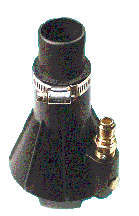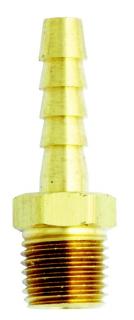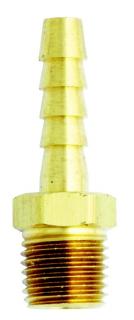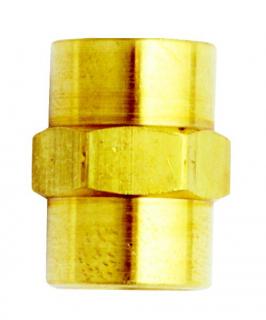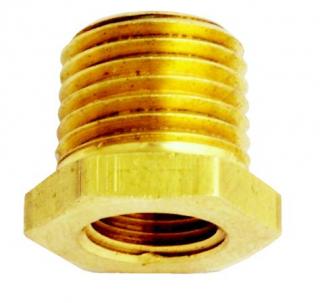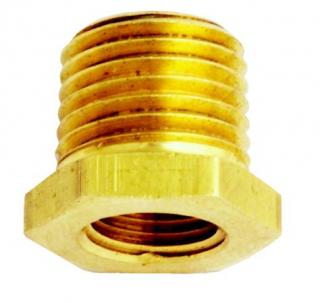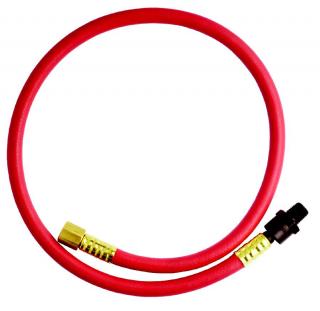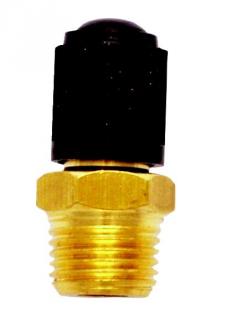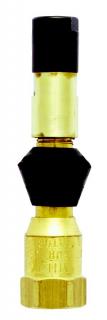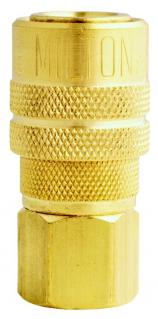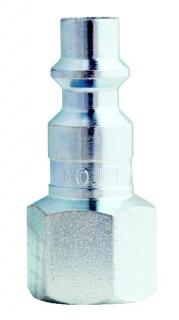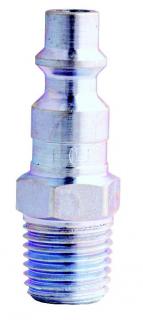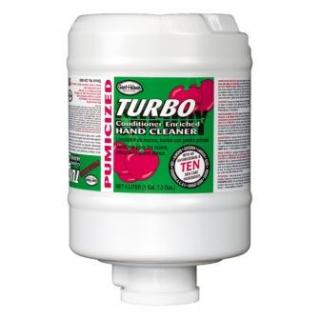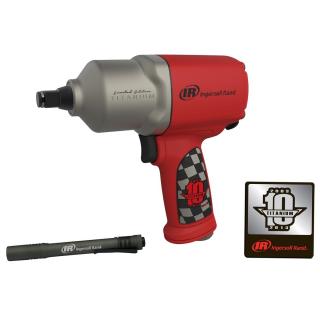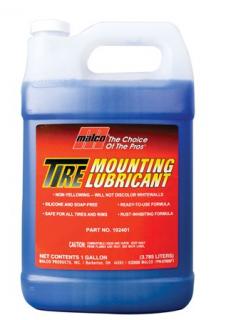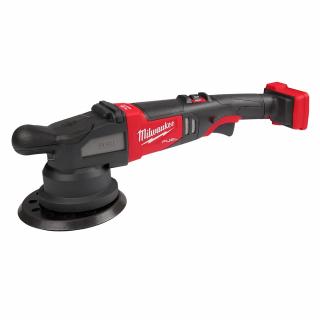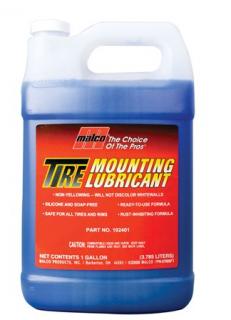Pressure Washer SUTTNER ST-36 SLUDGE PUMP 5.5 KIT
- Details
SUTTNER ST-36 SLUDGE PUMP 5.5 KIT
The ST-36 sludge vacuum is a great tool for transferring a large amount of water or slurry in a short time. Simply attach the pressure line from a portable power washer or car wash bay. The water flowing through the high pressure nozzle creates a powerful venturi suction that can vacuum up slurry solutions. Debris as large as 3/4" diameter will pass through the casting and out the discharge hose.
Based on clean water, the liquid ratio is about 1:11. If you are using a washer pumping 4 gpm, the output produced is about 44 gpm. Cleaning up chemical spills will not damage your washer pump. Applications may include: removing slurry from car wash pit, flood clean-up, removing rain water from construction site, empty pools, liquid transfer, run-off clean-up, etc.
Technical notes:
Use with Spiroflex hose 1-1/2". 3/8" Hansen plug on inlet. OPERATION: (1). The high pressure line of the pressure washer is connected to the sludge vacuum attachment. The operator may connect the high pressure hose to the sludge vacuum inlet, or choose to hook the wand to the inlet. Water flow can then be controlled with the trigger gun. The inlet is normally a 1/4" QC plug or M22 screw nipple for quick attachment. After securing the attachment, run the pressure washer as normally instructed. (2). When the pressure washer is running, the exits a zero degree high pressure nozzle inside the durable aluminum die casting. This nozzle should have the same size orifice as the normal fan nozzles to produce the maximum pressure and flow from the unit. The velocity of the water flow exiting the nozzle creates a powerful venturi suction. This suction power can pick up the slurry, along with rocks and devbris up to 3/4" in diameter. Ensure the outlet hose is directed proper and place the sludge vacuum into the flood waters. It may be submerged all the way to the floor. The casting has small feet on it to keep it off the floor. (3). The operator should grip the outlet hose firmly, or secure it close to the end. If not held, the force of 40 to 60 GPM of liquid flowing through the discharge hose may cause it to push around. The discharge hose is normally 15' to 25' long. Lengths of 100' can be purchased. Direct the discharge peoperly. Operators may need to check with authorities to see about discharging into a city drain. Many simply let it flow out onto lower ground, or dump it into a liquid tank truck. When the mucky water has been removed, the pressure washer can be used to finish the cleaning job.
Thank you for browsing our selection of pressure washers, steam cleaners and accessories.
We have the tools you need to effectively use and maintain your pressure washer. Quick connect and rotating turbo nozzles are available in various sizes and configurations. It's important to use the proper size nozzle for your pressure washer. Nozzles are sized by looking at the PSI and GPM of your pressure washer. Quick connect nozzles make it easy to change spray patterns or replace nozzles when they are bad while using the same spray wand.
Pressure washer hoses and hose reels will help you reach your work area, and specialized spray guns with different angles and lengths of wands will make certain jobs easier.
To keep your pressure washer working properly, routine parts and maintenance could be required. Pressure washer pumps, unloaders, and motors should match the specifications of your particular machine. Hot pressure washers and steam cleaners require additional components like burners, ignitors, and fuel pumps to allow them to heat the water.
There are a number of different accessories for your hot or cold pressure washer to clean different areas. Surface cleaners are great for cleaning large areas like parking lots, gas stations, industrial facilities, and school yards. Duct cleaners are designed to clean trash-chutes, vents, ducts, restaurant hoods, tanks and more. Wet sand blasters can be used on various surfaces to remove most coatings down to white metal, for graffiti cleaning, or paint surface preparation.



 (814) 275-3468
(814) 275-3468
